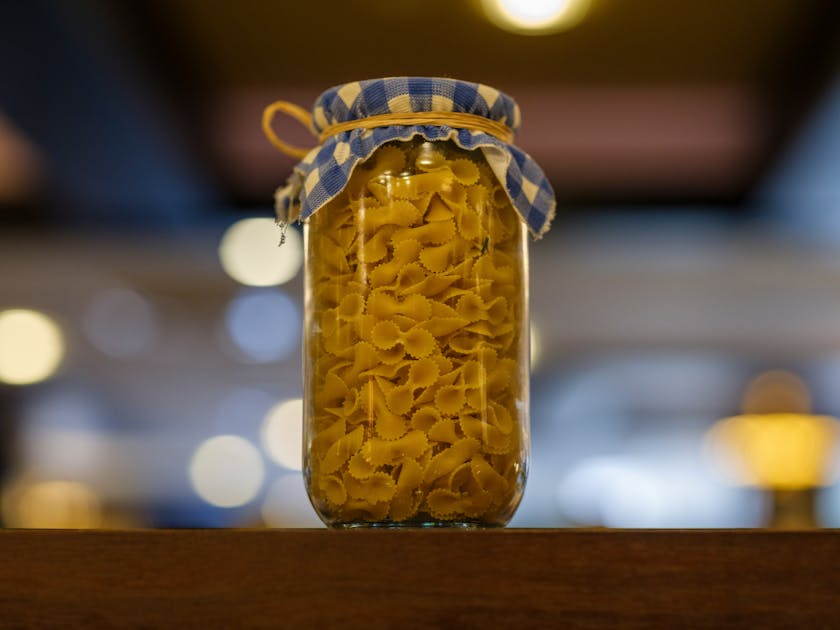When it comes to economical bulk cooking tips for saving money, planning is paramount. By cooking in large quantities and leveraging bulk purchases, you can significantly reduce your grocery bills and cut down on the time you spend in the kitchen each week. Here are some practical tips to help you get started on your bulk cooking journey.
Understanding Bulk Cooking and Its Benefits
Bulk cooking, also known as once-a-month cooking, involves preparing multiple meals at once and storing them for future use. This approach not only saves you money but also ensures that you have homemade, nutritious meals on hand, reducing the temptation to eat out or order takeout. The key benefits of bulk cooking include:
- Cost Savings: Buying ingredients in larger quantities often results in lower prices. You’ll also save on gas and time by making fewer trips to the grocery store.
- Time Efficiency: With meals prepped and ready to go, you’ll spend less time cooking each day.
- Reduced Food Waste: Cooking in bulk allows you to use up ingredients before they spoil, and leftovers can be frozen for later.
Plan Your Bulk Cooking Day
Before you start, choose a day when you can dedicate several hours to cooking. Planning is crucial—decide on the recipes you’ll make, create a detailed shopping list, and ensure you have enough storage containers. Organize your recipes by the type of preparation needed, such as all the chopping or all the baking, to streamline the process.
Shop Smart for Economical Bulk Cooking
Look for sales and discounts on bulk items at your local warehouse stores or supermarkets. Consider generic brands, which often have the same quality as name brands but at a lower cost. For fresh produce, visit farmers’ markets or use a community-supported agriculture (CSA) box to get seasonal items at a better price.
Efficiently Use Your Ingredients
To save money with bulk cooking, use ingredients across multiple recipes. For example, if you buy a large pack of chicken, use it to make a chicken casserole, chicken soup, and grilled chicken for salads. This not only saves money but also reduces the time spent prepping ingredients.
Master the Art of Freezing
One of the main pillars of bulk cooking is freezing meals for later consumption. Use airtight containers or heavy-duty freezer bags to store your meals. Label each container with the date and contents to keep track of what you have. Remember to cool your meals before freezing to prevent bacterial growth and freezer burn.
Embrace Diversity in Your Meals
To avoid meal fatigue, prepare a variety of dishes that you can rotate throughout the month. This will keep your taste buds interested and ensure you’re getting a balanced diet. You can also prepare meal components, such as cooked grains or marinated proteins, that can be mixed and matched to create different meals.
Keep Your Bulk Cooking Sustainable
Finally, to truly save money through bulk cooking, make it a sustainable practice. Keep a record of what works and what doesn’t, and adjust your strategy accordingly. Use leftovers creatively, and don’t be afraid to tweak recipes based on what you have on hand to prevent waste.
Bulk cooking is a smart strategy for anyone looking to save money and time in the kitchen. With these tips, you’ll be well on your way to becoming a bulk cooking pro, enjoying the financial and time-saving benefits it brings.



